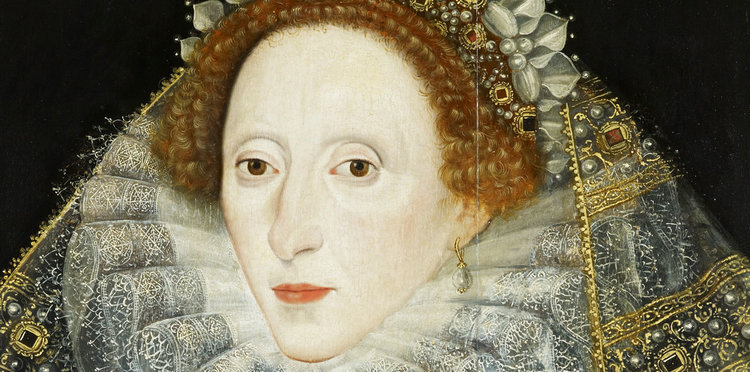The hidden story of vanilla
My fools for senses,
Today’s Overview will be centered around –and you might know it if you have read last week’s Review here- about vanilla. For we have noticed that the world seems to have forgotten what vanilla, truly, is about. Thus we decided to explore the history of vanilla, trying to trace its lineage up to its origins ; to discover its symbolic meaning, its mystical too, in a world where she evokes nothing else but ice creams and muffins, and sweets.
For vanilla was far different otherwise. Taking advantage of a surge of interest about this bella donna, let us explore its history, its secrets, its hidden saturnine facet.
It all started when we discovered, while going through old magic philter recipes, that vanilla was always associated with lust. Aleister Crowley, in his classification of ingredients, associated vanilla with Venus and power and lust, whereas in other grimoires you can see it mentioned in rituals pertaining to willpower or might. From there one, we decided to go through vanilla’s history to better understand it, better know it, better apprehend it. To better use it.
It is a fact that vanilla was always closely related to love. We have forgotten it but all traditions –be it aztec, european or indian- inevitably associated vanilla to love and pleasure. The orchid, which gives us the vanilla pod, comes from the Greek « orchis » meaning « testicle » whilst the word « vanilla » itself probably comes from « vaina » which is a Latin deformation of « vagina ». The Spanish, who always knew the crafts of Love, as soon as they discovered it linked it to sexuality.
As a matter of fact, vanilla was harvested by a mesoamerican tribe, the Totonac. Their history is closely connected to that of their favourite fruit, so much in fact that they usually say « vanilla runs through [their] veins ». Totonac traditions tells the mythic story of the origins of vanilla, showing the deep understanding they had of vanilla as an instrument of Love.
The first story says that Xanath, daughter of the Goddess of Fertility, fell in love with a mortal man. As she could not marry him nor walk amongst Men in her real form, she decided to become a vanilla plant so she could spent her life on Earth, each year giving birth to a sweet scented fruit, so as to remind Men that Love is sweet.
The second story is much more violent though indoubtedly more relevant as to our subject. It says that during the reign of Tenitzill III, a princess was born, named Tzacopontziza –which mean Morning Star- a princess who was so fair that her father had her took a vow of chastity and join the servants of Tonacayohua, the Goddess of Fertility, who would only be served by virgin maidens. It didn’t stop the young prince Zcotan-oxga –young puck- from madly falling in love with the princess and so, one day, he took her with him and they both eloped in the mountains. The priests eventually found out and slew the couple.
Some time later, a bird grew and an orchid nearby, on the spot where the two lovers had been slain. The orchid’s leaves would fall onto the trunk of the tree, like a maiden’s head resting upon her husband’s shoulder. As dawn was rising, whilst the Morning Star was still bright in the sky, the flower opened and exhaled the most beautiful perfume one had ever smelled. The people thought the tree and flower had grown from the blood of the couple and, nine months later, they were convinced of it as the flower gave birth to a sweet smelling fruit. Vanilla was soon declared holy and used as an offering to the gods of love.
We are nowhere near the meek vanilla we taste in our pastries. The conquistadores probably heard of the tale and considered vanilla an aphrodisiac. For vanilla, when it reached Europe, was considered as a medicine. If the Aztecs would put in the chocolate drinks, it was only because they viewed it as a stimulant, not because it tasted good.
Genius or irony, it turns out it was another virgin princess who popularized vanilla in Europe : Elizabeth I. Her doctor had it prescribed and she fell so madly in love with it that she ordered all her drinks and meals be seasoned with vanilla. It is because of Gloriana’s sweet tooth that vanilla went from might to meek, forsaking its own heritage to become synonymous to sugar or sweetness.
As we begin to grow more and more interest into natural ingredients in perfumery, it seems crucial to us that we take interest in those we think we know most. Vanilla, with its history, its character, the multiplicity of its facets, is a lesson of humility – it reminds us we know nothing. To know such ingredients better means learning to apprehend the word surrounding us better, to knock the knowledge we thought we had of this world down and unravel the preconceived ideas we had of it or rather, to look beyond them.
To look beyond is to remember that vanilla is strong, fiery, fleshy, fleshy, leathery. To look beyond is trying to find a vanilla still true to its heritage, passionnate, bloody and bloody fascinating. To look beyond is to grow again a taste for disruptive Love, for a Love which would take you out of your temple of certitude to bring you up into the mountains of un-understanding, the mountains of the unknown.
Vanilla isn’t much a symbol of desire but rather of abandon for and to love. It is not the symbol of Young Puck’s folly but rather that of his relinquishment of a prince’s life for an eternity spent with the woman he loves. It is the abjuration of the Goddess who, giving up her divinity, transformed into a flower to live near the one she loved. It is the Morning Star who forgives to her persecutors, offering the fruit of her love.
At last, vanilla means strength. The strength to love. The strength of love. Aleister Crowley, alas, probably forsook the myth which gave begot this fruit and gave it to the world and, like a conquistador barging into the temple, he uprooted the flower, let it wither and disfigured it until Love became lust.
But do not forget, my fools for senses, when it, you shall come to smell, the wonderful sacrifice to which vanilla consented.





